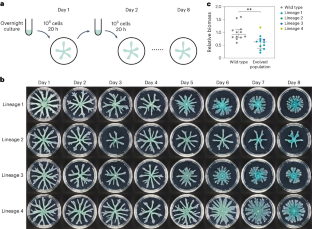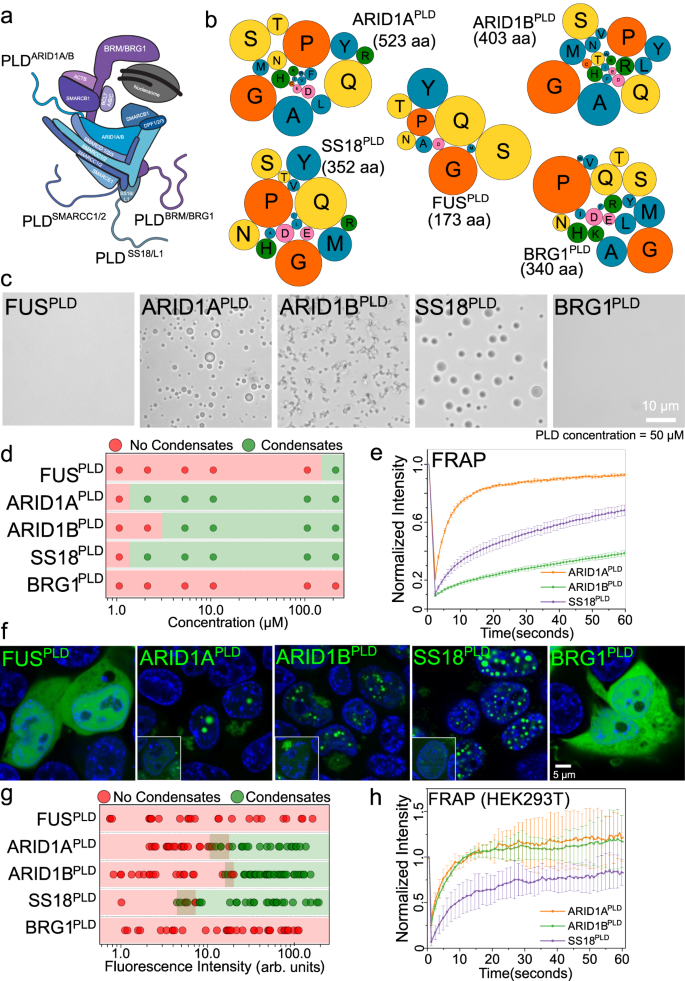2024-03-06 デューク大学(Duke)
<関連情報>
- https://pratt.duke.edu/news/bacteria-patterns-cheaters/
- https://www.nature.com/articles/s41564-024-01627-8
緑膿菌の生息域拡大における協力関係の崩壊 The collapse of cooperation during range expansion of Pseudomonas aeruginosa
Nan Luo,Jia Lu,Emrah Şimşek,Anita Silver,Yi Yao,Xiaoyi Ouyang,Stuart A. West & Lingchong You
Nature Microbiology Published:05 March 2024
DOI:https://doi.org/10.1038/s41564-024-01627-8

Abstract
Cooperation is commonly believed to be favourable in spatially structured environments, as these systems promote genetic relatedness that reduces the likelihood of exploitation by cheaters. Here we show that a Pseudomonas aeruginosa population that exhibited cooperative swarming was invaded by cheaters when subjected to experimental evolution through cycles of range expansion on solid media, but not in well-mixed liquid cultures. Our results suggest that cooperation is disfavoured in a more structured environment, which is the opposite of the prevailing view. We show that spatial expansion of the population prolongs cooperative swarming, which was vulnerable to cheating. Our findings reveal a mechanism by which spatial structures can suppress cooperation through modulation of the quantitative traits of cooperation, a process that leads to population divergence towards distinct colonization strategies.


